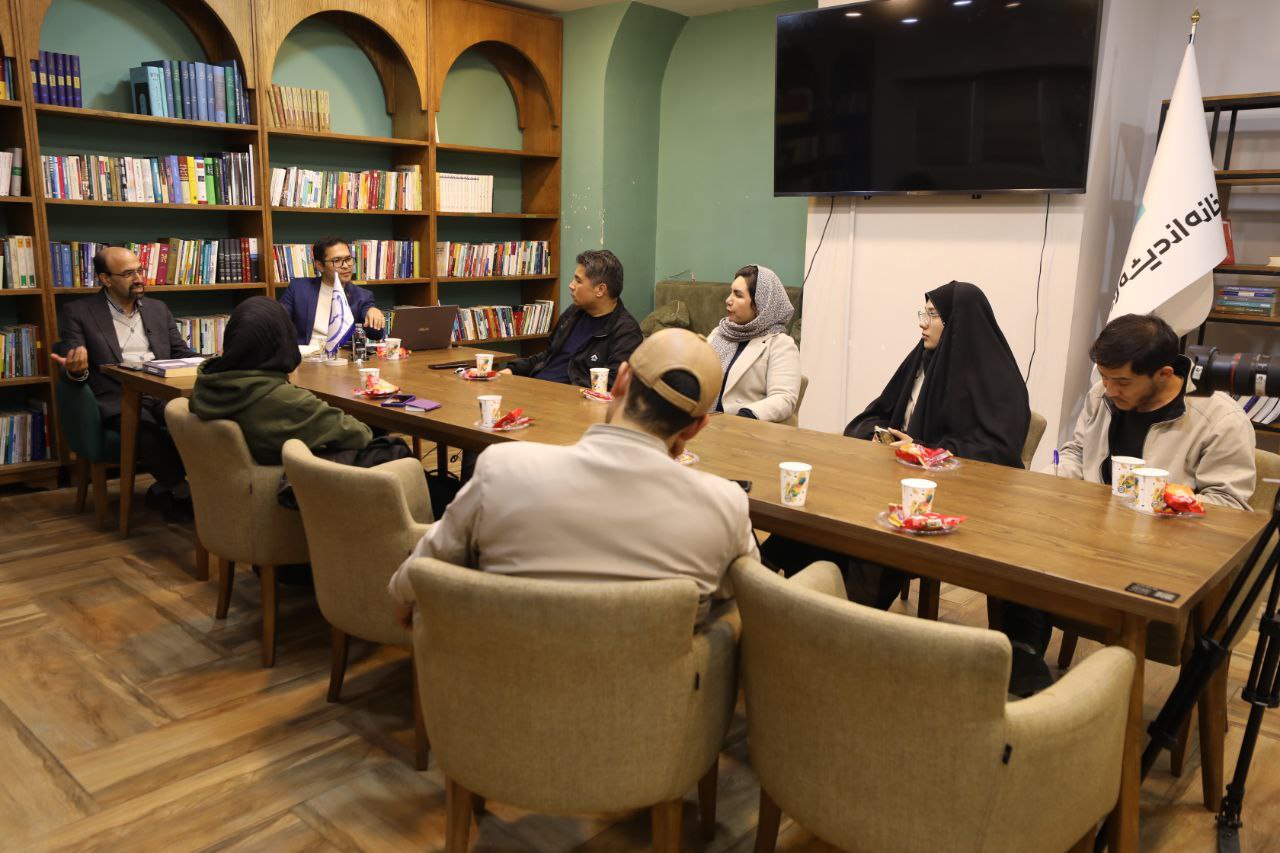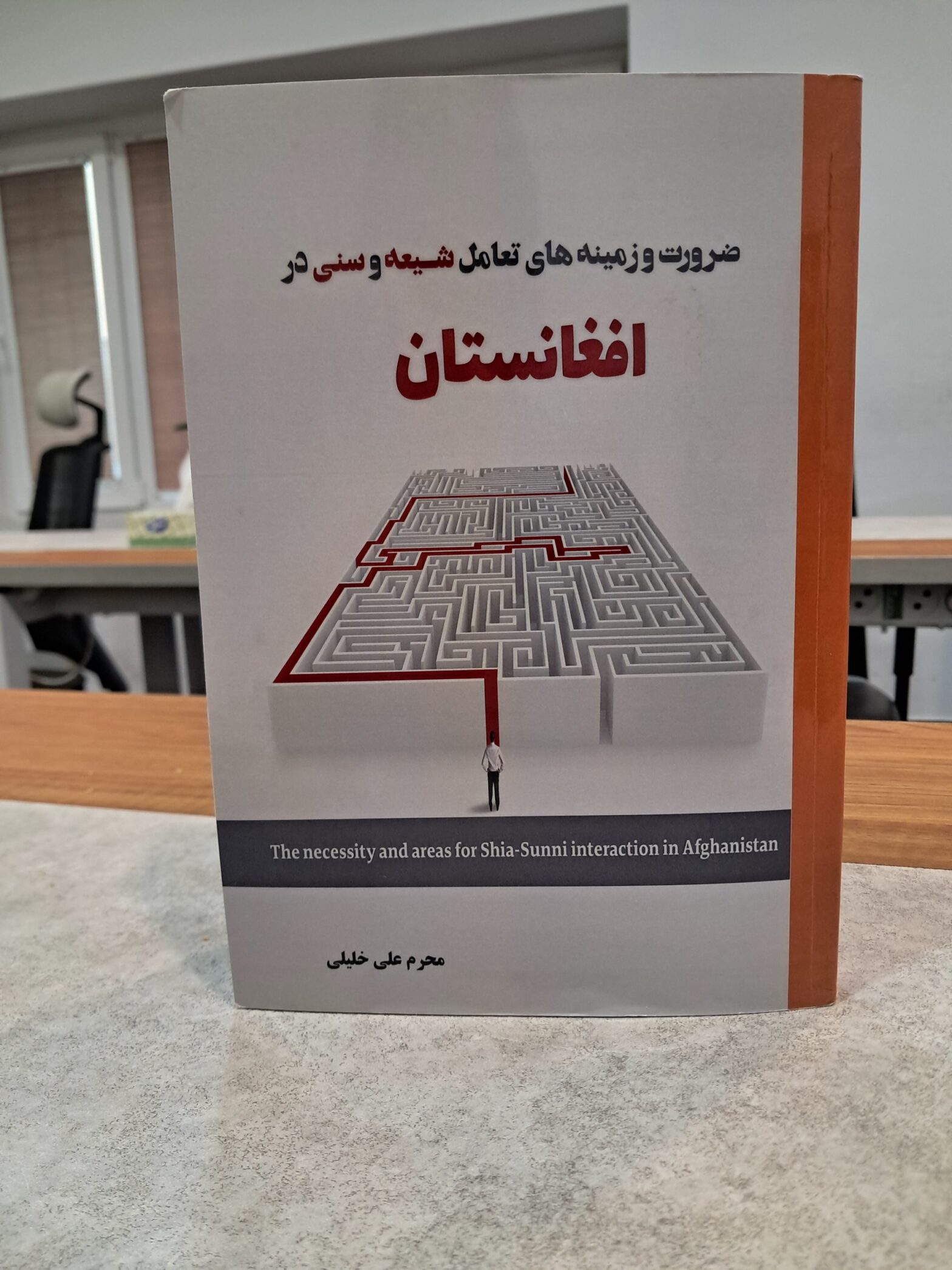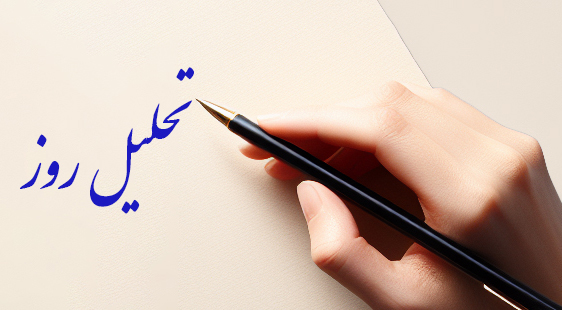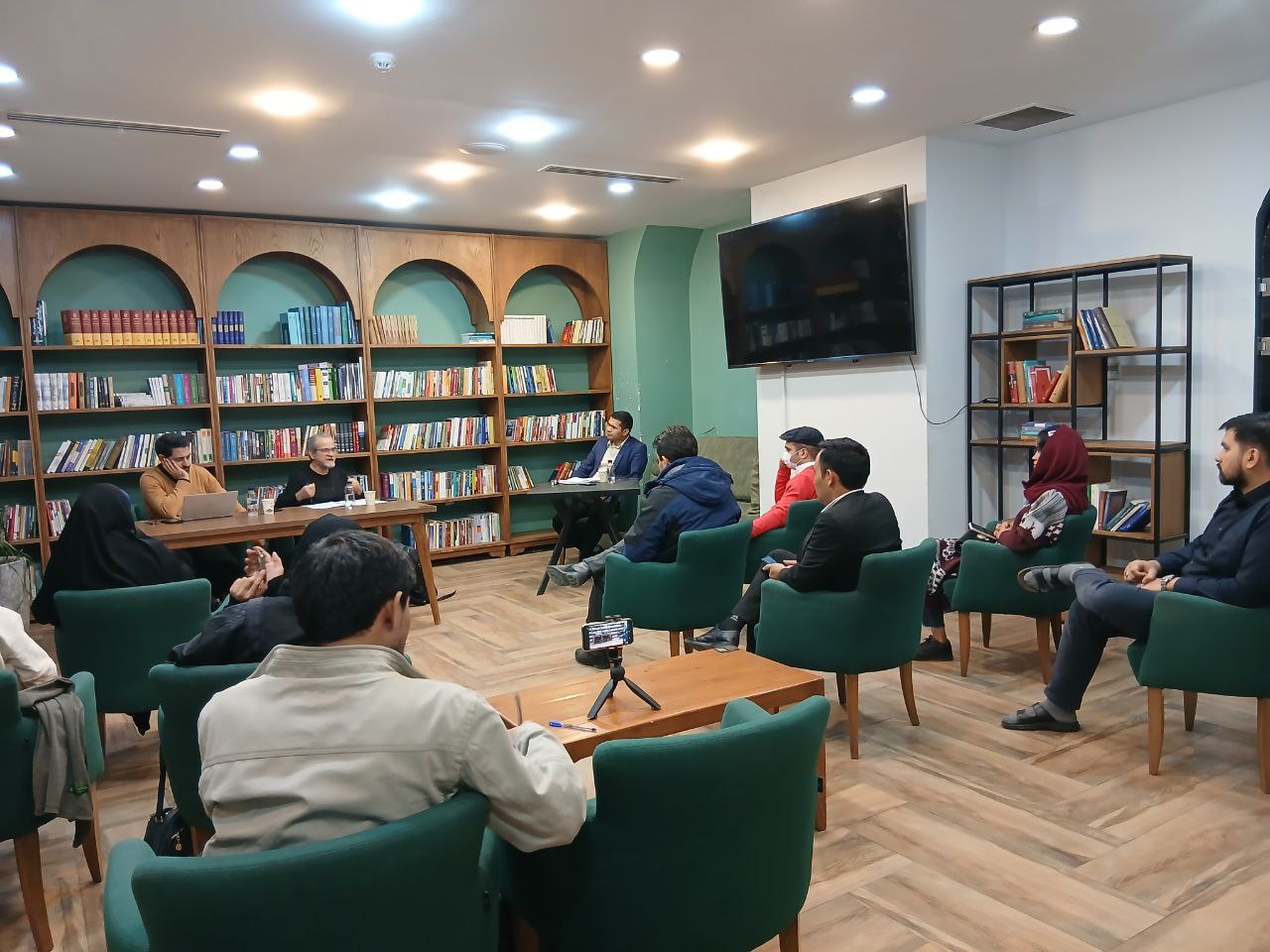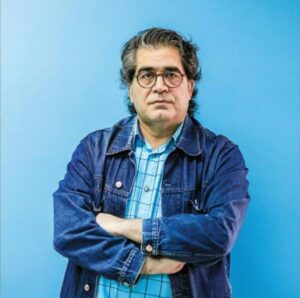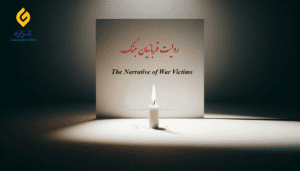گفتگوی گزاره با النا مونیچلی؛ هماهنگکنندهی بنیاد مدرسهی صلح مونته سوله
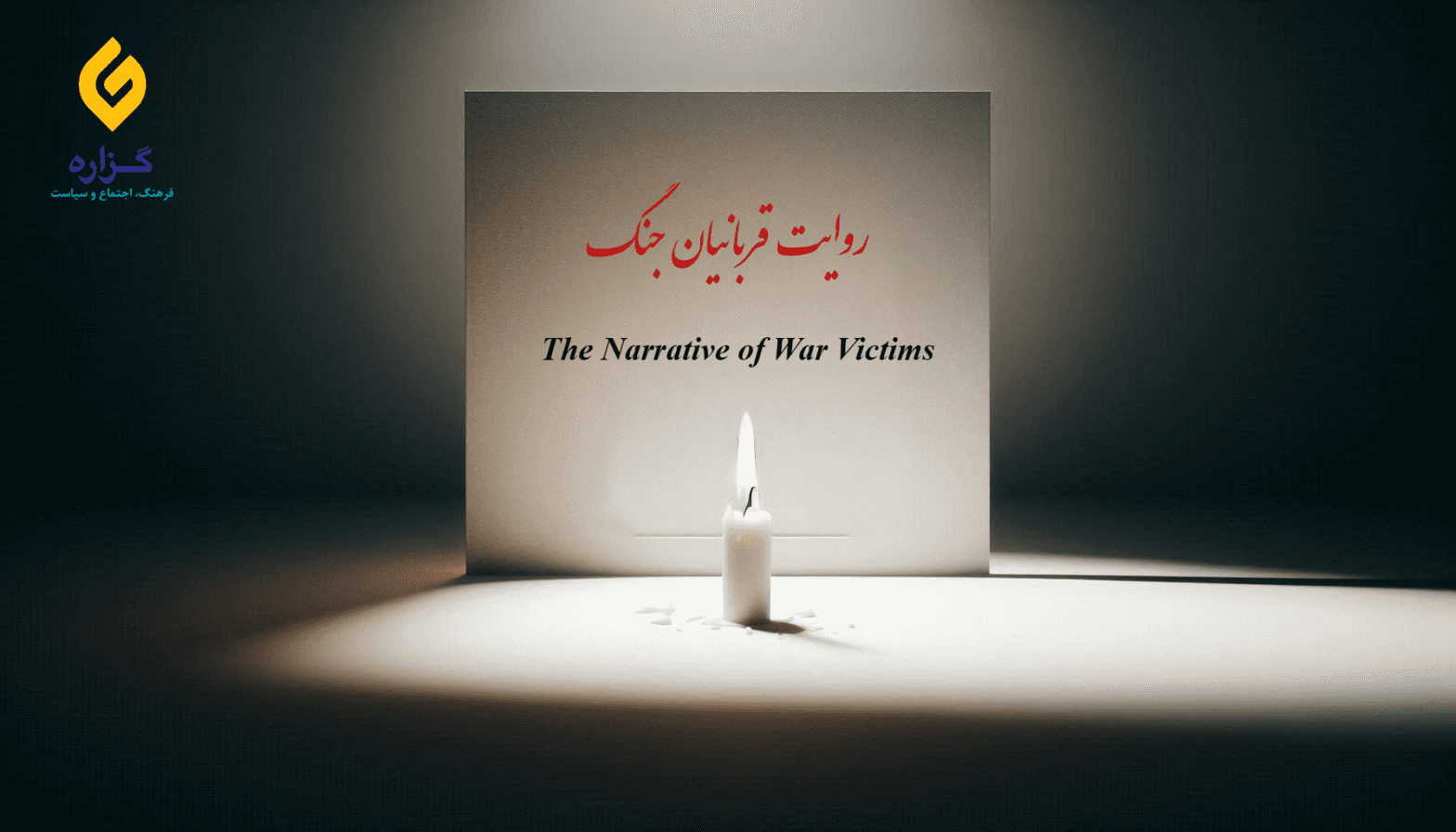
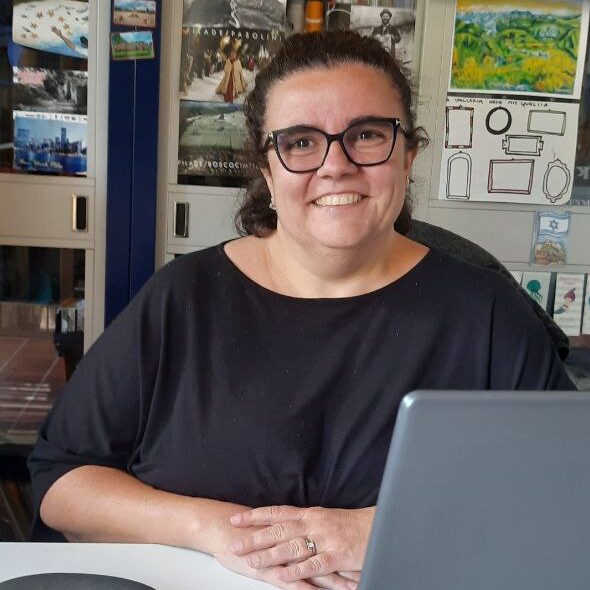
مصاحبه شونده: النا مونیچلی
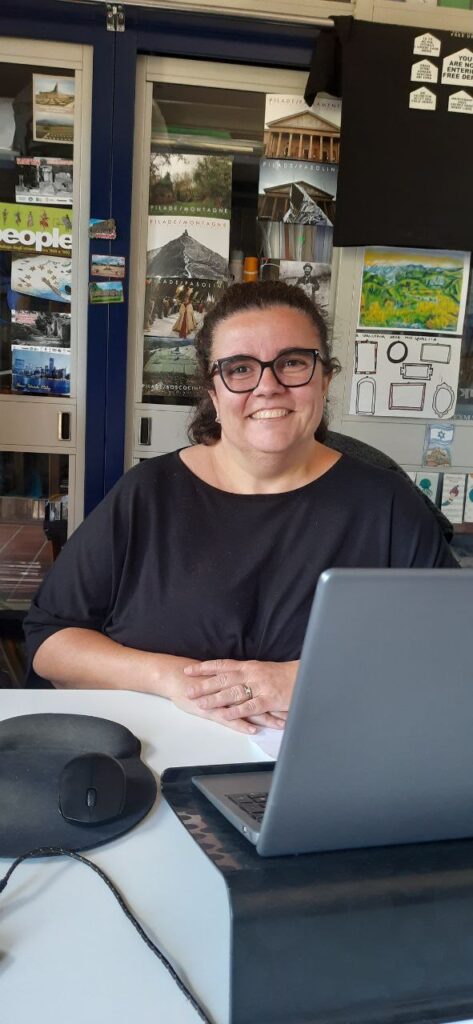
گزاره: ابتدا لطفاً خودتان را معرفی کنید.
النا مونیچلی: من النا مونیچلی هستم، هماهنگکنندهی بنیاد مدرسه صلح مونتسوله.
گزاره: متشکرم. مایلم درباره مدرسه صلح مونتسوله بیشتر بدانم.
النا مونیچلی: این مدرسه، در واقع یک ایده از سوی جامعه مدنی بود که در مکانی که قبلاً شاهد درگیریهای خشونتآمیز بوده، یک مدرسه صلح ایجاد شود. آنها ابتدا فعالیتهایی را شروع کردند و سپس به دولت محلی، منطقه و استان مراجعه کردند. با کمک آنها توانستند در سال ۲۰۰۲ بنیاد را تأسیس کنند.
گزاره: فعالیتهای شما شامل چه مواردی میشود؟
النا مونیچلی: ما هم در سطح ملی و هم بینالمللی فعالیت میکنیم. در سطح ملی، بیشتر بر آموزش شهروندی و حقوق بشر برای گروههای مدرسهای، سازمانهای غیر دولتی و سایر گروهها تمرکز داریم. افراد میتوانند از یک روز تا یک هفته اینجا بمانند و برنامههایمان را متناسب با مدت اقامت آنها تنظیم میکنیم. در سطح بینالمللی، ما بیشتر با جوامع پس از درگیری یا درگیر درگیری همکاری میکنیم تا به مردم کمک کنیم آنچه در حال وقوع است را درک کرده و به ایجاد فضایی برای آشتی اجتماعی کمک کنیم. برای مثال، با افرادی از اسرائیل و فلسطین، ایرلند شمالی و بالکان کار کردهایم، به ویژه با افرادی از یوگسلاوی سابق. ما در زمینه عدالت انتقالی و کمک به مردم در مدیریت خاطرات و تروماهای دشوار فعالیت میکنیم.
گزاره: آیا فعالیتهای شما صرفاً آموزشی است؟
النا مونیچلی: نه، فقط آموزش نیست. این بیشتر یک کارگاه مشارکتی است. البته ما فعالیتهایی را پیشنهاد میدهیم، اما هدف این است که شرکتکنندگان تصمیم بگیرند چه موضوعاتی را بحث و توسعه دهند. ما به نیازهای آنها گوش میدهیم و برنامه را بر اساس آنها تنظیم میکنیم.
گزاره: آیا این کارگاهها فقط در دفتر شما برگزار میشوند یا در کشورهای دیگر هم فعالیت دارید، مثلاً در فلسطین یا اسرائیل؟
النا مونیچلی: در چنین مواردی، بهویژه در مناطق درگیر، افراد به اینجا میآیند. مهم است که از محیط معمول خود دور باشند تا بتوانند راحتتر صحبت و فکر کنند. البته اگر لازم باشد، ما هم سفر میکنیم، اما معمولاً این یک پروژه دو مرحلهای است؛ ما به آنها میرویم و سپس آنها به اینجا میآیند.
گزاره: آیا در حال حاضر پروژهای در خارج از ایتالیا دارید؟
النا مونیچلی: در حال حاضر نه، ما پروژههایی که حضور فیزیکی در خارج از کشور داشته باشیم نداریم، هرچند که دورههای آموزشی آنلاین هم ارائه میدهیم.
گزاره: برای سازمانهای غیردولتی؟
النا مونیچلی: بله.
گزاره: آیا با سازمانهای غیردولتی در سایر کشورها همکاری میکنید؟
النا مونیچلی: بله، خیلی زیاد. ما با سازمانهایی در سراسر اروپا همکاری داریم و بخشی از ائتلاف بینالمللی «مناطق وجدان» هستیم که ARDO نیز عضو آن است. این شبکه به ما اجازه میدهد که در سطح جهانی کار کنیم.
گزاره: چه کسی حامی مالی شماست؟
النا مونیچلی: عمدتاً منطقه امیلیا-رومانیا. ما همچنین به کمکهای مالی شرکتکنندگان تکیه میکنیم و از بانکها، بنیادها و اتحادیه اروپا درخواست بودجه میکنیم.
گزاره: متوجه شدم که ARDO کارگاهی برای فعالان افغان در مدرسه شما برگزار کرده است. میتوانید درباره این پروژه بیشتر توضیح دهید؟
النا مونیچلی: برای ما این یک افتخار و خوشنودی است که میزبان این پروژه باشیم. یکی از اهداف اصلی مدرسه صلح، فراهم کردن محیطی حمایتی برای فعالان است. هدف ما آموزش صلح نیست، بلکه حمایت از توانمندیهای فعالان و مدافعان حقوق بشر است. این موضوع برای ما بسیار مهم است.
گزاره: آیا این اولین باری است که برای افغانها چنین کارگاهی برگزار میکنید؟
النا مونیچلی: بله، برای مردم افغانستان این اولین بار است.
گزاره: در طول سه یا چهار روز این کارگاه، چگونه با فعالان افغان کار خواهید کرد؟
النا مونیچلی: امیدوارم این تجربه به آنها انرژی و امید بدهد. این منطقه خشونتهای زیادی را تجربه کرده و برای ما مهم است که نهتنها گذشته را به یاد بیاوریم، بلکه بفهمیم چگونه چنین خشونتی امکانپذیر شد، شاید بتوانیم با این فهم به متوقف کردن خشونت کمک کنیم.
گزاره: آیا قبلاً درباره وضعیت افغانستان اطلاعاتی داشتید؟
النا مونیچلی: بله.
گزاره: درباره افغانستان چه شنیدهاید؟
النا مونیچلی: افغانستان کشوری است که متأسفانه مدتهاست درگیر جنگ است. اتفاقات وحشتناکی که اخیراً رخ دادهاند فقط بخشی از این داستان است. من افغانستان را به عنوان کشوری با فرهنگ و میراث غنی میشناسم، اما به نظر میرسد که جمع کردن این تنوع فرهنگی کار دشواری بوده است. این کشور یکی از جاهایی است که قدرتهای جهانی در آن با هم درگیر هستند و این واقعیت که این جنگ در «جای دیگری» است باعث میشود بسیاری به آن بیتوجهی کنند، که این موضوع از نظر اخلاقی نادرست است.
گزاره: درباره وضعیت زنان در افغانستان چه احساسی دارید؟
النا مونیچلی: این وضعیت برایم ناراحتکننده است، اما همچنین فکر میکنم که روش غربی برای زن بودن، تنها راه ممکن نیست. زنان میتوانند در زمینهها و فرهنگهای مختلف، با ارزشها و باورهای متفاوت، آزاد باشند. اما متأسفانه زنان اغلب هدف اصلی محدودیتها هستند. من فکر نمیکنم زنان افغانستان باید مانند من باشند، اما معتقدم آنها باید فضایی برای توسعه آزادی خود در جامعهشان داشته باشند.
گزاره: آیا فرزندی دارید؟
النا مونیچلی: خیر.
گزاره: خواهرزاده چطور؟
النا مونیچلی: بله، یک خواهرزاده دارم.
گزاره: همانطور که میدانید، طالبان دختران را از رفتن به مدرسه منع کرده است. به عنوان یک زن غربی که در زمینه صلح و حقوق بشر فعالیت میکنید، این وضعیت برای شما چه احساسی دارد؟ اگر دختران ایتالیایی با شرایط مشابه دختران افغان مواجه شوند، چه خواهید کرد؟
النا مونیچلی: در ایتالیا ما چنین وضعیتی نداریم. دختران به مدرسه میروند، اما مشکلات دیگری هم هست، مثلاً خشونت خانگی علیه زنان. ما با جوانان کار میکنیم تا به آنها بیاموزیم که زنان نه مالکیت کسی هستند و نه در خدمت کسی. ما برنامههایی داریم که به افراد میآموزد همه ما در حقوق برابر هستیم. این فقط مسئله توانمندسازی زنان نیست، بلکه باید پسرها نیز متوجه این موضوع شوند.
گزاره: به عنوان یک فعال حقوق زنان و صلح، پیامی برای نسل جدید افغانستان دارید؟
النا مونیچلی: به خودتان ایمان داشته باشید و از درخواست کمک نترسید. سعی کنید امیدتان را حفظ کنید، هرچند میدانم که کار دشواری است. من احساس گناه میکنم چون خودم در شرایط خوبی هستم، اما از آنجایی که این موقعیت را دارم، لطفاً اگر به من یا به ما نیاز داشتید، کمک بخواهید. نکته این است که تلاش کنید قدرت و امیدتان را حفظ کنید و بدانید که تنها نیستید. شاید قابلمشاهده نباشد، اما بسیاری در ایتالیا با شما همدردی میکنند، حتی اگر سیاستمداران ما افغانستان را ترک کرده باشند.
گزاره: از وقتی که در اختیار ما گذاشتید، متشکرم.
النا مونیچلی: ممنون از شما که من را دعوت کردید.
English
Gozaare Interview with Elena Monicelli; Coordinator of the Monte Sole Peace School Foundation
Gozaare: At first, please introduce yourself.
Elena Monicelli: I’m Elena Monicelli, the coordinator of the Peace School Foundation of Monte sole.
Gozaare: Thank you. I would like to know more about the Peace School of Monte sole.
Elena Monicelli: It was, let’s say, an initiative from civil society to establish a peace school in a place that had experienced violent conflict. They started with activities, and then reached out to the local government, the regional authorities, and the province. With their support, they were able to create the foundation in 2002.
Gozaare: What kind of activities do you focus on?
Elena Monicelli: We work both nationally and internationally. Nationally, we focus on citizenship and human rights education for school groups, NGOs, and other organizations. Visitors can stay for one day to a week, and we tailor our programs to the length of their stay. Internationally, we work primarily with post-conflict societies or areas still in conflict, helping people understand what’s happening and fostering reconciliation. For example, we’ve worked with people from Israel and Palestine, Northern Ireland, and the Balkans, especially with individuals from the former Yugoslavia. We engage in transitional justice and help people cope with difficult memories and trauma to manage their lives better.
Gozaare: So, you only offer training programs?
Elena Monicelli: It’s not just training. It’s more of a participatory workshop. We suggest activities, but the point is for participants to decide what they want to discuss and develop. We follow their needs as they emerge during the sessions.
Gozaare: Are these workshops held only in your office, or do you conduct them in other countries as well, such as Palestine or Israel?
Elena Monicelli: In those cases, especially in conflict zones, people come here. It’s important for them to be away from their usual environment, where they feel freer to speak and reflect. Of course, if necessary, we do travel, but usually, it’s a two-part project where we visit them and then they come here.
Gozaare: Do you have any ongoing projects outside of Italy?
Elena Monicelli: Currently, no. We don’t have projects where we are physically present in other countries at the moment, though we do offer online training programs.
Gozaare: For NGOs?
Elena Monicelli: Yes.
Gozaare: Do you collaborate with NGOs in other countries?
Elena Monicelli: Yes, a lot. We collaborate with organizations throughout Europe and are part of the international coalition of “Sites of Conscience,” of which ARDO is also a member. This network allows us to work globally.
Gozaare: Who founded your organization?
Elena Monicelli: Primarily, it was the Emilia-Romagna region. We also rely on donations from participants, and we apply for funding from banks, foundations, and the European Union.
Gozaare: I understand that ARDO is running a workshop for Afghan activists at your school. Could you tell me more about this project?
Elena Monicelli: For us, it’s an honor and a pleasure to host this project. One of our main goals at the Peace School is to provide a supportive environment for activists. It’s not about teaching peace but about supporting activists and human rights defenders. We are eager to help those working in these fields, so hosting this project is extremely important to us.
Gozaare: Is this the first time you’ve held a workshop for Afghan participants?
Elena Monicelli: Yes, for Afghan people, this is the first time.
Gozaare: How do you plan to work with Afghan activists over the three or four days of the workshop?
Elena Monicelli: I hope this experience brings them some energy and hope. This area has experienced extreme violence, and for us, it’s important to not just remember the past, but to understand how such violence became possible. This understanding might help prevent future violence.
Gozaare: Did you have prior knowledge of the situation in Afghanistan?
Elena Monicelli: Yes.
Gozaare: What have you heard about Afghanistan?
Elena Monicelli: It’s a country that, unfortunately, has been in conflict for a long time. The recent tragic events are just the latest chapter. I also view Afghanistan as a country rich in culture and heritage, but bringing these diverse elements together has been challenging. It’s also one of the places where global powers confront each other, and it’s distressing that such a conflict is allowed to continue because it’s not happening in “our backyard.” This is an immoral approach.
Gozaare: What about the situation of women in Afghanistan? How do you feel about it?
Elena Monicelli: It makes me sad, but I also believe that the Western way of being a woman isn’t the only way. Women can be free in different contexts, with different religions, values, and cultures. However, women are often the main targets when it comes to restricting freedoms. I don’t believe Afghan women should behave like me, but they should have the space to develop their own freedom in their society.
Gozaare: Do you have any daughters?
Elena Monicelli: No.
Gozaare: What about nieces?
Elena Monicelli: Yes, I have a niece.
Gozaare: As you may know, the Taliban have banned girls from attending school. As a Western woman who works for peace and human rights, how does this make you feel? What would you do if girls in Italy faced a situation similar to what Afghan girls are experiencing?
Elena Monicelli: In Italy, we don’t face such a situation, generally speaking. Girls here attend school. However, there are other issues, such as domestic violence against women. We work with young people to help them recognize that women are not objects or property, but human beings. We run programs to educate both girls and boys about equality. It’s not just about empowering women; it’s about teaching boys to respect and understand these issues as well.
Gozaare: As a women’s rights and peace activist, do you have a message for the new generation in Afghanistan?
Elena Monicelli: Believe in yourself, and don’t hesitate to ask for help. Try to keep your hope alive, even though I know it’s hard. I feel guilty because I’m in a good situation, but I want you to know that, given my position, I am here for you. Use this opportunity if you need help. You are not alone, even if it feels that way. Many people in Italy stand with you, even though it may not always be visible. Politicians may have left Afghanistan, but the people have not forgotten you.
Gozaare: Thank you for your time.
Elena Monicelli: Thank you for having me.

